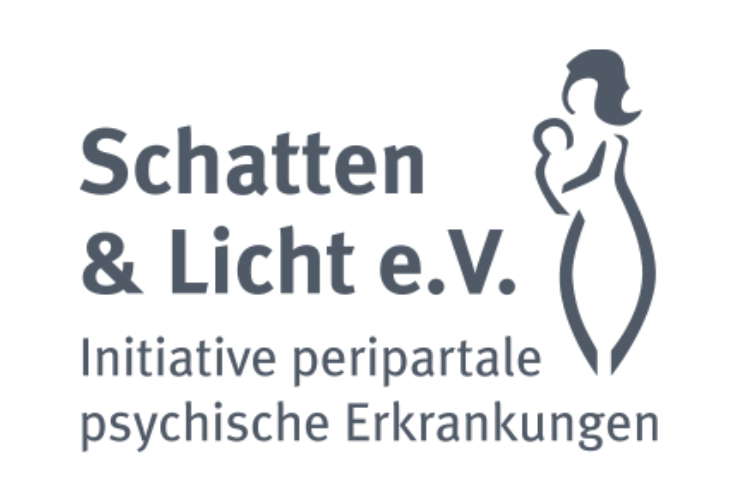Prevention
All prophylaxes relate especially to women who have already suffered from peripartal depression or psychosis and to women whose mothers/sisters have been affected by PPD or PPP, also to women plan on being sterilised at the time of birth or shortly afterwards, and to women who suffer particularly heavily from premenstrual syndrome.

The general rule is that women who have already suffered from depression at different times in their lives or who have already suffered from peripartal depression or psychosis have an increased risk of developing peripartal disorders. Prevention measures should be taken without fail in these cases. First and foremost, prevention involves acquiring all the preliminary information from the treating gynaecologists and midwives as well as getting psychological support set up in advance. The same applies to women who have dealt with depression during pregnancy. The further development of the mental state should be observed in these cases.
In terms of prevention, the importance of purely pragmatic considerations regarding life after childbirth cannot be underestimated. These include questions and issues such as not planning major projects (moving, etc.), thinking through how to organise everyday life with the baby, organising various forms of support, finding suitable care options, etc. The support of family members and family/mother assistants and/or home help should be organised in good time.
Opting for a home birth or a birthing centre may reduce the risk of depression, as this form of childbirth is generally a more self-determined experience.
In addition, care must be taken when choosing a gynaecologist and a midwife to ensure that they will offer positive support rather than increasing uncertainty and that they are available for longer discussions and home visits even after childbirth.
Strict rest directly after childbirth and in the first weeks postpartum can help to reduce the risk of a depression. This includes above all avoiding having too many visitors, while sufficient sleep at night (allowing hospital staff/family members to look after the baby at night) is important.
Prophylaxes are available to counteract the sudden decrease in hormones after childbirth.
Placenta prophylaxis
The most natural prophylaxis known to midwives of earlier times is to use the placenta. For this, the placenta should be “baked” at low heat (maximum 45° C) over a period of some 36 hours, then pulverized and taken as required. The powder should be stored dry and not overly heated. Production of a range of homeopathic remedies from the placenta.
Progesterone prophylaxis
There is the possibility of a preventive treatment by natural (non-synthetic!) progesterone in the form of a cream. Treatment should start immediately after childbirth.






